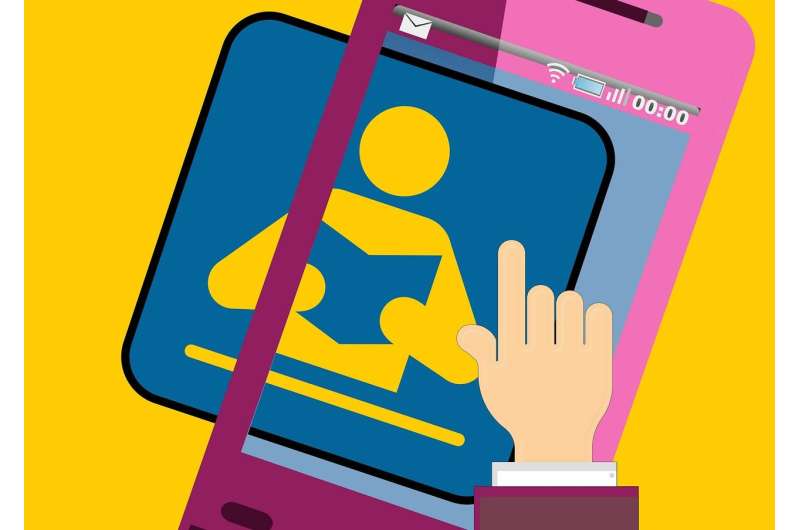Credit: CC0 Public Domain
Researchers at the University of Alabama at Birmingham have published a study in the peer-reviewed medical journal Laryngoscope exploring the merits of integrating gamification into the graduate medical education curriculum.
"With gamification, we take aspects of gaming and put it in a learning software," said senior author Do-Yeon Cho, M.D., director of Otolaryngology Research in UAB School of Medicine. "Instead of just classroom settings and learning, we wanted to implement a new option for knowledge base training and assess its impact."
In 2012, UAB developed Kaizen, a program incorporating gamification, through interactive online question banks and smartphone applications to supplement traditional classroom education. Cho adapted Kaizen in 2016 to make question banks specifically for otolaryngology residents. Additionally, surgical residents are busy and often have to stay in the OR. Kaizen provides a mobile and accessible way to learn in the short periods of downtime they have in their schedules.
"Since one situation does not fit all, we're exploring how different generations of students learn," Cho said. "On top of that, newer generations grow up with technology that is so visual and dynamic—we need new ways of learning to account for that."
Kaizen was available to residents for eight weeks before the 2016 Otolaryngology Training Examination (OTE), a standardized test to gauge the surgical knowledge of practitioners. The software was not available before the 2017 OTE. Participating residents received considerably higher OTE scores in 2016 than they did in 2017, the year without gamification.
The results suggest value in Kaizen as an additional supplement for medical education, but raises some questions about long-term retention of information. However, retention may have been higher if the gamification lasted longer than eight weeks.
There are plans to further implement gamification into the residency training program, develop an Android app of Kaizen and continue observation of the impact on medical education.
More information: David Alexander et al. Gamification as a tool for resident education in otolaryngology: A pilot study, The Laryngoscope (2018). DOI: 10.1002/lary.27286
Journal information: Laryngoscope
Provided by University of Alabama at Birmingham






















